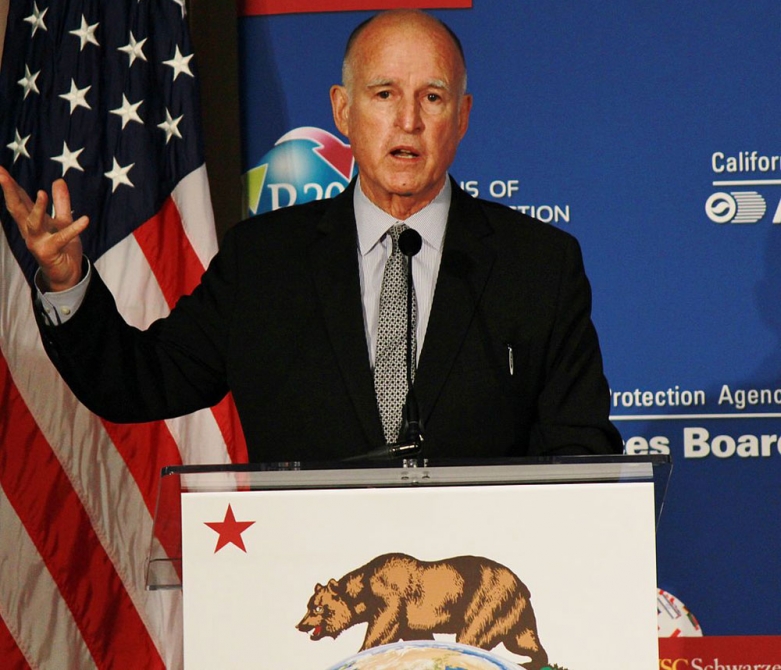Making the Great State of California Even Greater
Page Media

ACLU response to Gov. Brown’s State of the State
In his State of the State speech yesterday, Gov. Jerry Brown failed to mention a critical dimension to economic inequality in California: racial inequality. People of color are uniquely impacted by government policies that fall most heavily on the poor, like the Maximum Family Grant rule, unchecked police abuses and over-reliance on incarceration as a response to chronically homeless people with mental illness.
Investing in California’s families
At a time when one in five California children live in poverty, we should be doing everything in our power to make sure parents and their children are able to lead safe, healthy and successful lives. That includes making sure parents are not punished for their family planning decisions. Unfortunately, for more than 20 years, California has denied financial support to babies born while their families are receiving CalWORKs basic needs grants for older siblings. This unfair policy is known as the Maximum Family Grant (MFG) rule.
Intended to coerce poor women, particularly women of color, into having fewer children, the MFG rule endangers the health and wellbeing of babies born into poverty while simultaneously pushing their families deeper into poverty. Today Gov. Brown touted the addition of millions of dollars to CalWORKS, but did not include funding for repeal of the MFG rule in his proposed budget earlier this month and has yet to speak on the issue.
Fair policing
The American ideal of fair, humane and transparent policing is still a long ways away for many Californians, especially African Americans and Latinos. Last year alone, we saw 1,134 Californians killed at the hands of law enforcement, with unarmed African American men seven times more likely than unarmed white men to die by police gunfire nationwide. And still, California continues to have the most secretive laws in the country when it comes to police misconduct.
Equally troubling is continued abuse of civil asset forfeiture by law enforcement agencies in California. Civil asset forfeiture laws were created in the heyday of the drug war in the 1980s. Originally intended to take booty away from drug “kingpins”, civil asset forfeiture has been perverted into an ongoing attack on low-income people of color and families who can’t afford to fight the government in court.
Despite laws and guidelines intended to protect against it, civil asset forfeiture has become a relied-upon source of funding for law enforcement agencies all across the state. The fact that civil asset forfeiture has become a primary funding source for law enforcement has not only led to greater abuses, but also to an unhealthy and growing overreliance on it. This is well documented.
Human dignity and treatment for California’s most vulnerable
Earlier this month, Senate leaders announced a plan to provide approximately $2 billion for housing and treatment for some of California’s most vulnerable: chronically homeless people with mental illness.
By investing in permanent supportive housing, California would make significant strides in prioritizing human dignity and treatment for Californians who are all too often either shoved into our criminal justice system or left to be forgotten on our streets. With the largest homeless population in the country, we can no longer turn a blind eye to the needs of our fellow Californians.
Providing them with shelter and treatment could also help avoid the sometimes deadly interactions between law enforcement officers who lack adequate training and people suffering mental or emotional crises – particularly people of color, who frequently bear the brunt of police violence and harassment when they have no other option but to sleep outdoors.
So while California leads the nation on many things – last year California passed the strongest racial and identity profiling, sex education and digital privacy laws in the country – work remains to be done to address a legacy of racial oppression still entrenched in state programs and institutions that dictate how our communities are policed and punished.
We hope Gov. Brown will lend his support to an MFG repeal, increased transparency and accountability in policing, and the Senate’s permanent supportive housing proposal to make the great state of California even greater.
Natasha Minsker is the Director of the ACLU of California’s Center for Advocacy and Policy.
